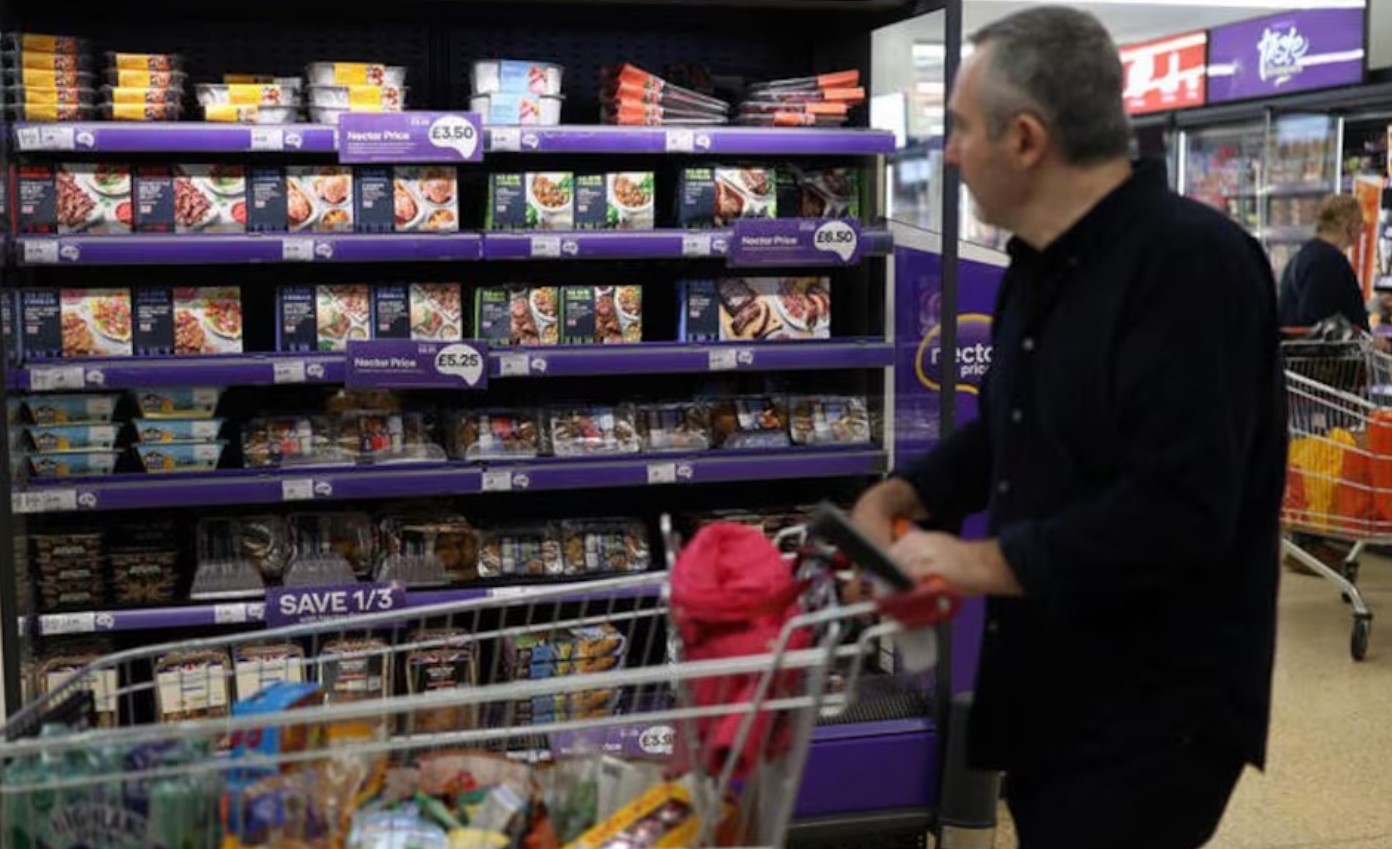British shoppers faced renewed pressure on their budgets in October after grocery price inflation edged higher for the second month in a row, industry data showed this week.
Market researcher Kantar said annual grocery price inflation was 2.3 per cent in the four weeks to Nov. 3, having been 2.0 per cent in the previous four-week period.
The data showed prices are rising fastest in products such as chilled soft drinks and chocolate confectionery, and falling fastest in items such as toothbrushes, household paper products and sparkling wine.
UK supermarkets have warned that tax rises in the new Labour government’s first budget last month, together with another rise in the national minimum wage, will be inflationary.
Official data published last month showed overall UK inflation eased to 1.7 per cent in September. Data for October will be published Nov. 20.
Kantar said grocery sales rose 2.3 per cent over the four week period year-on-year to 11.6 billion pounds ($14.9 billion) – the biggest sales month of the year so far.
The researcher said there were signs that some consumers were starting their Christmas shopping early. It noted that 648,000 shoppers have already bought a Christmas cake, while 14.4 per cent of households purchased mince pies in October.
Over the 12 weeks to Nov. 3 online supermarket Ocado (OCDO.L) was again the fastest growing grocer with sales up 9.5 per cent year-on-year, taking its market share to 1.8 per cent.
Industry leader Tesco (TSCO.L) saw sales growth of 4.6 per cent and its market share rose 60 basis points to hit 27.9 per cent.
Sales at No. 2 Sainsbury’s (SBRY.L) rose 4.4 per cent but No. 3 Asda was again the laggard, with its sales down 5.5 per cent and it lost 1 percentage point of market share year-on-year.
Last week, Asda chairman Stuart Rose said the grocer had “lost the plot” but the business was fixable.
Kantar said discounters Aldi and Lidl saw sales growth of 1.6 per cent and 7.4 per cent respectively.







Click here to change your cookie preferences